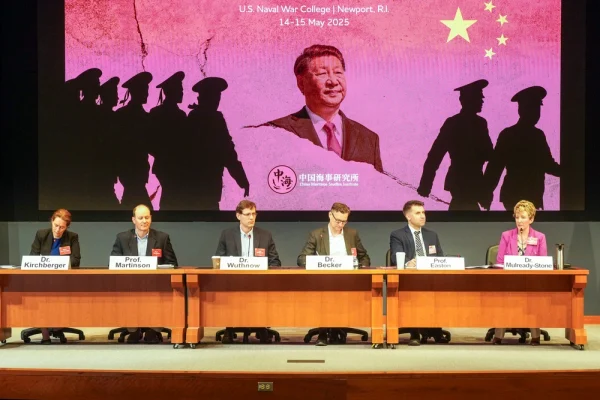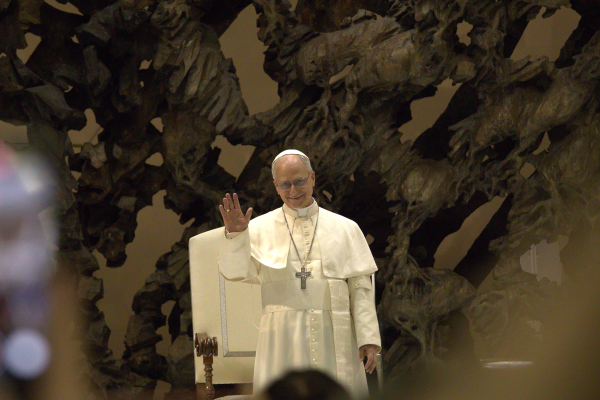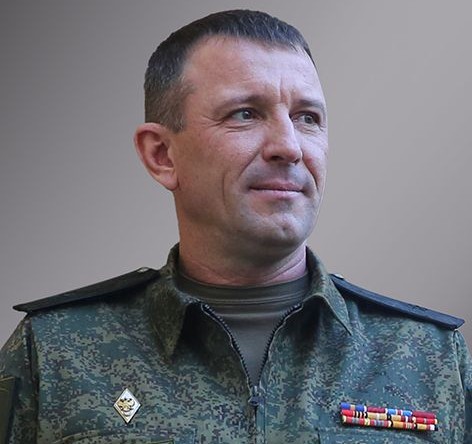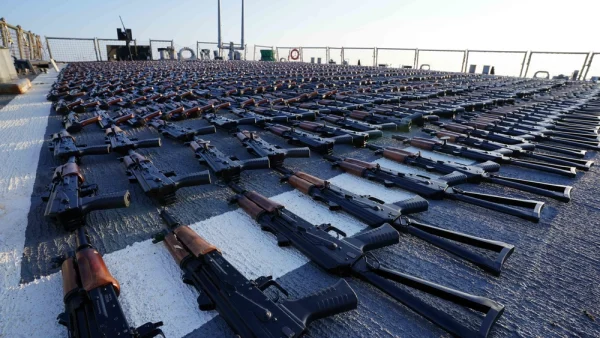The Underestimated Risk of Climate Change
Countries need to be aware that two threats – climate change and nuclear disarmament – are connected.
Climate change is a very polarizing issue in today’s political spaces. Some think that it poses a serious threat to the world, while some think that it’s fake, constructed to protect the liberal agenda. Whatever you believe, the science is clear: climate change is an existential threat to humanity.
However, the comprehensive threat posed by climate change is chronically underrepresented. The media tends to focus on the environmental impacts of climate change, and they are right to do so. Climate change is awful for the environment, contributing to rising sea levels, ocean acidification, extreme weather patterns, droughts, and more. Those factors alone cause overcrowding of cities, destruction of coastal cities, and alterations to the food chain.
But the non-ecological impacts of climate change are not talked about as much. Climate change induces extreme weather, which can have an adverse impact on electrical infrastructure. That makes it harder for populations to cope during heat waves and other ecological crises, worsening their impact.
But one of the most significant risks of climate change that receives little attention is the risk of climate wars. An article from The Nation’s Michael Klare, a defense correspondent, shows the risk of nuclear conflict from climate change. First, he isolates climate change as a trigger for instability in Pakistan. That instability, such as food and water shortages, harms the ability of Pakistan’s armed forces to defend its nuclear strongholds, which opens the window for terrorists to seize those nukes and instigate nuclear crises in the area.
Additionally, Klare talks about the risk of conflict over Arctic resources. For global powers, such as the United States, Russia, and China, climate change leads to resource depletion, which forces these nations to spend their time and find new resources. However, the melting polar ice sheets, which can be linked to global warming, has revealed new resources in the Arctic region, including natural gas, iron, uranium, and rare earth minerals. Great powers have and will continue to compete for those resources, which quickly leads to escalation. For instance, Russia has nuclear submarines deployed close to the Arctic and in response, the US has deployed anti-submarine missiles to the same area, meaning that tensions are already high. The risk of nuclear conflict over the region is high and should be the focus of future climate efforts.
These risks are not inevitable, however. Climate activist groups have made a lot of progress on mitigating the risk of climate change, and groups, such as Global Zero and Back From the Brink, have started progress for the establishment of a no-first-use policy for nuclear-armed states. But what countries need to do is to recognize that the two threats, climate change and nuclear disarmament, are not disconnected. Countries need to recognize the convergence of these two risks, and recognize that one threat can not be stopped without recognizing the risk of the other.
Sources References:
https://www.thenation.com/article/archive/nuclear-defense-climate-change/







